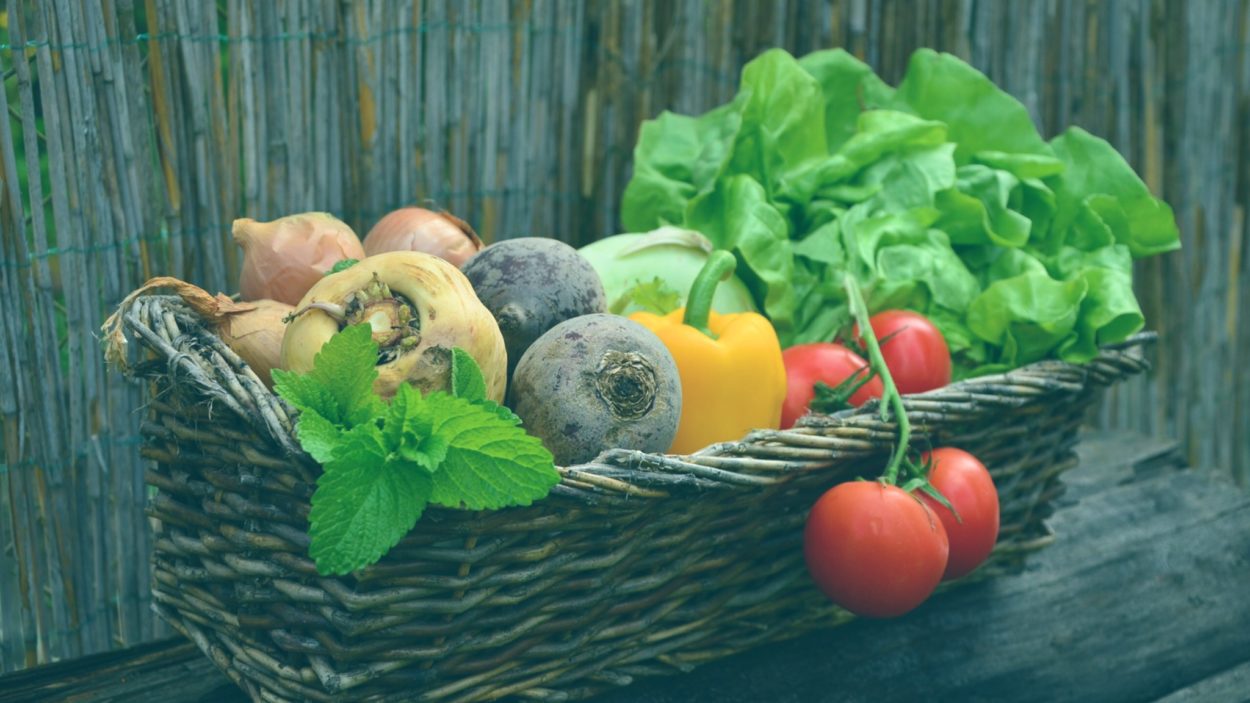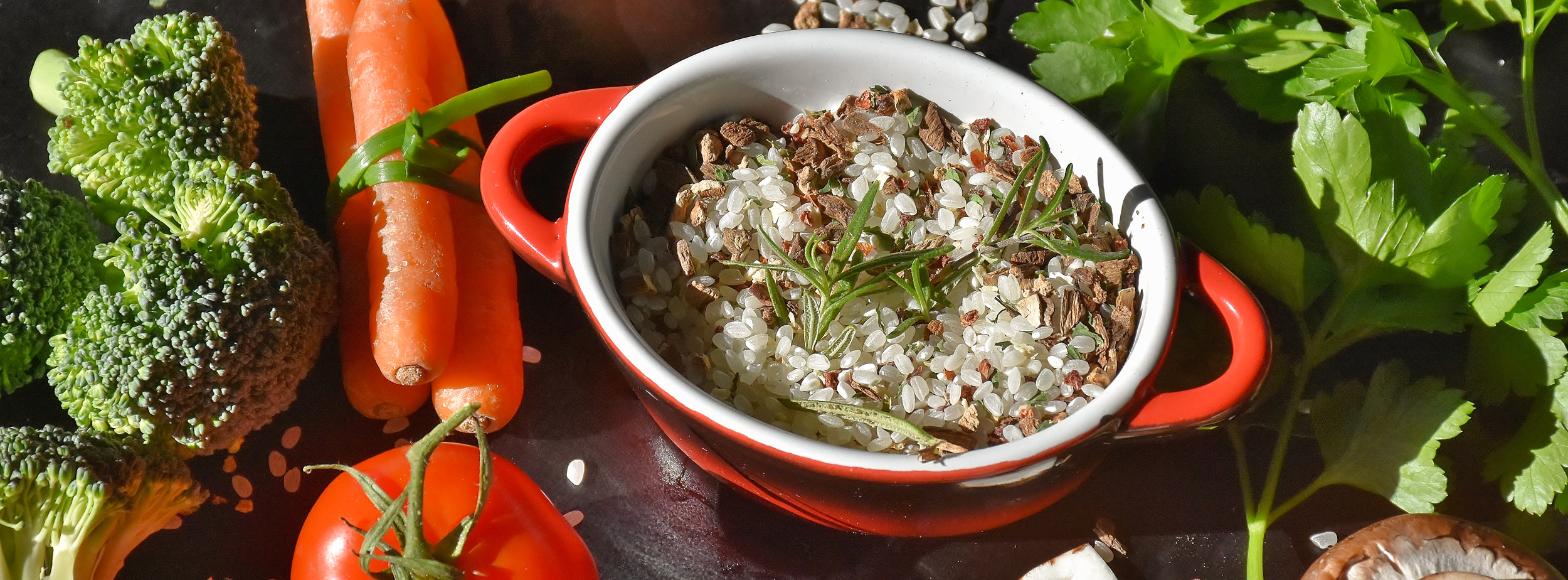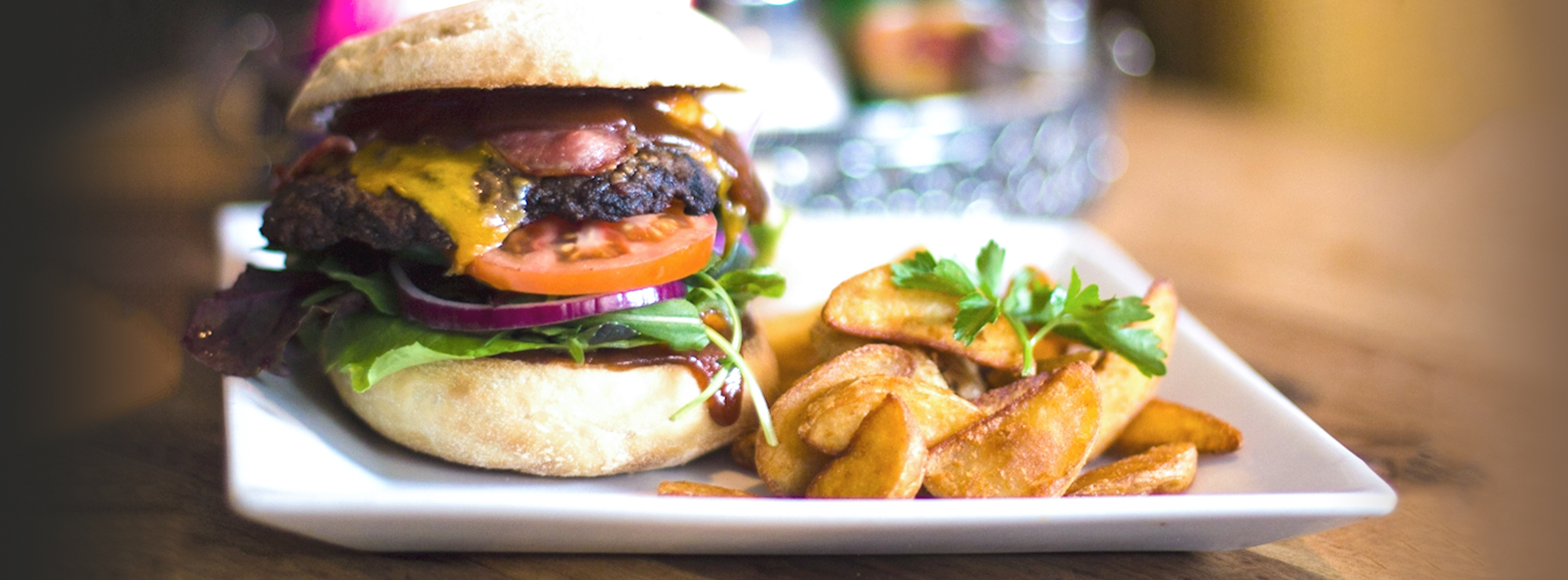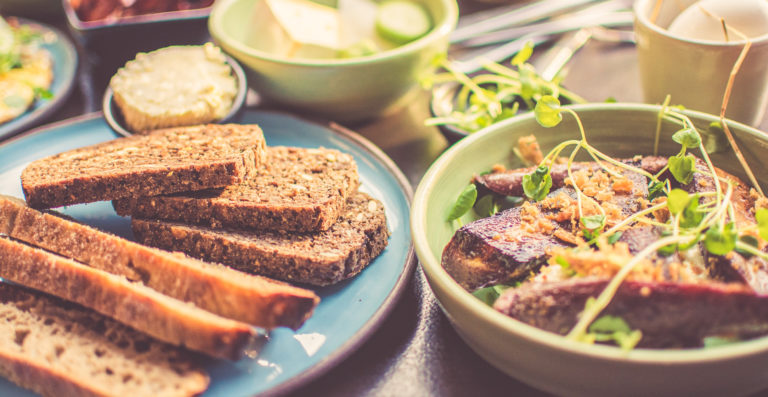
When you start to delve deep into nutritional science you realize even your healthiest meals can cause problems down the road. That realization sucks, but it can he helped if you only eat more raw food.
What’s wrong with a dinner of organic broccoli, baked potato, and quinoa? It’s vegan, rich in nutrients like iron and protein, and isn’t processed. Sounds good right? Not entirely. The disappointing fact is that it’s all cooked. This means that all or most of the enzymes that were once abundant in these foods were destroyed during the heating process. Those enzymes are what allow us to digest the food we consume and break it down into the individual components our bodies need to survive. Since those enzymes are not present in cooked food, our body is required to make them. Luckily, our body is skilled at creating many different enzymes; but we tend to take that for granted.
What Are Enzymes?
Enzymes are proteins responsible for controlling the “rate of reactions and responses that direct, accelerate, retard, or modify all cell functions to supply energy and nutrients” (Allergies: Disease In Disguise) Basically, they cause chemical reactions in your body.
Everything requires enzymes; eating, sleeping, breathing, working, and thinking, so it’s important to recognize their importance. Enzymes are also responsible for keeping your metabolism working.
There are three types of enzymes:
Digestive Enzymes: Produced by the body to digest food
Metabolic Enzymes: Produced by the body to preform various chemical reactions in the body
Food Enzymes: Enzymes found in raw foods which help to digest the food being eaten
How You Can Become Enzyme Deficient
With the influx of processed and refined foods in the modern diet, and our prevalence to cook everything we eat, too many of the enzymes from our original food sources have been destroyed, which in turn puts a greater demand on our body to create them. Scientists believe that the digestive organs that produce enzymes are simply not big enough to produce all the enzymes needed for our diet. For example, studies have shown that with a diet of primarily cooked foods, the pancreas will actually enlarge to keep up with the constant demand for enzymes. This is called Pancreatic Hypertrophy.
More Problems Arising From A Lack Of Enzymes
Our white blood cells are also rich in enzymes, which enables them to destroy bacteria and viruses. When an overworked pancreas can’t even keep up with the demand for enzymes, white blood cells will move to your digestive tract to help digest the food. If your body is using its supply of white blood cells to help digest food from a diet rich in processed, refined, and cooked foods, your body will have far fewer enzymes from those cells available to destroy bacteria and foreign invaders. This can take a severe toll on your entire immune system. Enzyme deficiencies can cause problems like chronic inflammation, redness, swelling, pain, poor digestion, and chronic illness.
When your body works too hard to produce enzymes for the digestion of food, it leaves far less enzymes available to do the metabolic tasks required for normal, healthy function of your body. Over time this can result in some pretty serious metabolic changes since our bodies’ ability to repair itself and ward off disease is directly related to the strength of its enzymes.
When we ingest food that we cannot properly break down, we cannot completely use the nutrients from that food. An accumulation of undigested food in the body will lead to food allergies, intolerances, gas, bloating, heartburn, constipation, and diarrhea.
The most popular enzyme deficiency you’ve likely heard of is from lactase; the enzyme required for the digestion of the sugar, lactose, found in dairy products; rendering people ‘”lactose intolerant.”
Things That Inhibit Enzymes
- Cooked, processed, and refined foods (as mentioned above).
- Most medications, like asprin, inhibit enzymes.
- Various chemicals found in everyday products also inhibit enzymes.
- Some foods, like seeds, nuts, grains, and beans can inhibit enzymes. To remedy this, they should be soaked or sprouted prior to eating to replace the enzyme inhibitors with an abundant supply of enzymes.
- Pesticides also inhibit enzyme activity, making it important to eat organic food whenever possible.
Enzymes & Food Allergies
Enzymes are said to be our best shot at eliminating food allergies because when food is completely digested and assimilated by the body, allergy symptoms simply do not show up. Additionally, much of food allergy can be helped by chewing food better. When food is thoroughly chewed it is mixed with enzymes in the saliva. Enzymes work on the surfaces of the individual food particles, thus, the more food is chewed, the more exposed surfaces there are from that food, allowing enzymes to work much more efficiently. 80% of carbohydrates can potentially be digested by enzymes in the saliva alone by thorough chewing.
How Much Raw Food Should You Eat?
Thankfully, it isn’t necessary to eat all your food raw, but you do want to aim, ideally, for 30% cooked and 70% raw food in your daily meals. That percentage of cooked food can include things like quinoa, rice, lentils, soups, whole grains, meat, and dairy. Remember, when cooking, raw food only loses its enzymes when heated above 118° F or 48° C, so you can heat some foods at a low temperature for a longer period of time to retain their enzyme content.
Digestive Enzyme Supplements
Fortunately, when eating cooked, refined, or processed foods, there is something we can do to help our digestion and assimilation of nutrients, and that’s taking nutritional plant enzyme supplements. They can make such a huge difference in how you feel after a meal, supplying your body with enzymes it needs to properly digest the food you consume.

Where To Find Foods High In Enzymes
- Juicing! When you juice fresh fruits and vegetables it concentrates the enzymes and allows for easy absorption of nutrients; which is a key reason why many detoxification programs call for fresh juices.
- Fermented foods are high in enzymes; such as yogurt, kefir, sauerkraut, soy sauce, miso, tempeh, kimchi, and high quality cheese.
- Raw honey is enzyme-dense, as are sprouted seeds, beans, grains, and nuts. The amount of enzymes available is increased in the sprouting process.
- Raw meat… while generally unsafe to eat in most cases, it is high in enzymes. Raw, unpasteurized milk is also a good source of enzymes, but again, I would not recommend going this route since it can bring on a whole other slew of problems. Do your research for these ones.
3 Tips To Increase Your Body’s Supply Of Enzymes
From the book Allergies: Disease in Disguise by Carolee Bateson-Koch
- Eat less food in general (The more you eat, the more enzymes are used by your body)
- Eat more raw food (See everything above)
- Supplement with nutritional plant enzyme capsules (I usually take enzymes whenever I eat something cooked or processed
To Conclude
Hopefully this gives you a good idea of why you should start getting more raw foods in your diet. If you want to eat more raw food but you’re not sure what to eat besides fruits and veggies, you should head to your local health food store where they will likely have a wide variety of raw protein powders, raw granola bars, and raw chocolate bars. Smoothies are also a great way to get raw foods into your diet since you can pack them full of raw fruits and veggies, raw protein powder, and they will still taste like dessert!
Sources
Carolee Bateson-Koch. Allergies: Disease in Disguise.
Tennessee: Books Alive, 1994. Print.
Disclaimer
The contents of this website are for informational purposes only and should not be considered any type of medical advice. The information provided in this website should not be used for diagnosing or treating a health condition or disease, and should not be substituted for professional care. If you suspect or have a medical condition, consult an appropriate health care provider.








Leave a Comment